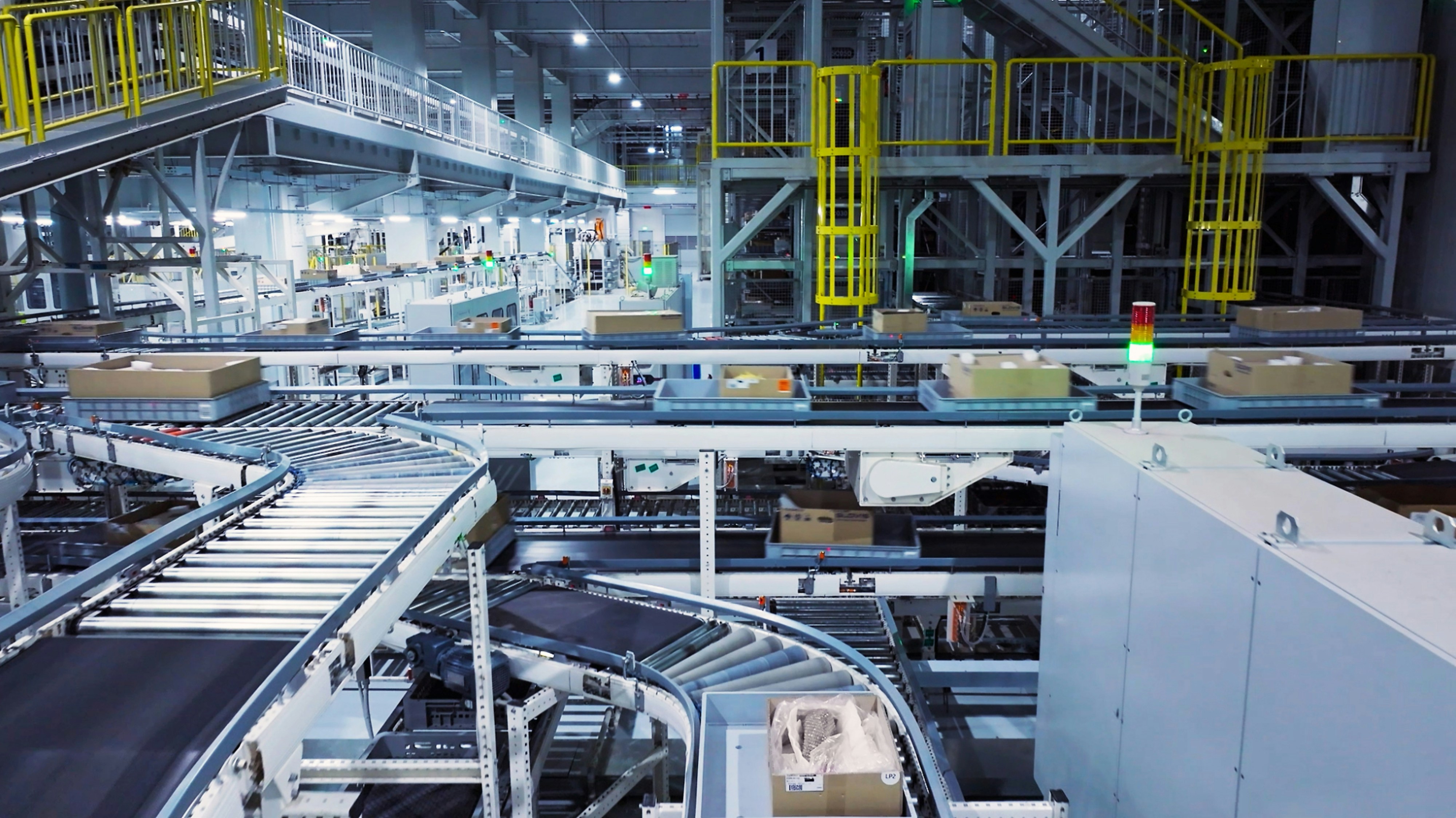
AI systemsthat fit youroperations
Trusted by ambitiousorganisations of allsizes
AI aligned with your operations
We deliver robust AI systems that fit into your existing workflows. Built for governance, stability, and long-term success.
AI systems integration
Full-stack design, infrastructure and orchestration of production systems that are stable and scalable.
Applied AI consulting
Feasibility studies, capability roadmaps and senior advisory — always grounded in your operations.
AI governance and safety
Risk controls, audit trails and compliance design, aligned with emerging regulation.
Custom model development
Model fine-tuning, private deployment and custom training pipelines built for your domain.
Operational AI
Decision tools that reduce cost and improve speed — tailored to your operations.
Operations optimisation
Predictive systems for logistics, resource planning and scheduling efficiency.

We help organisations work smarter, move faster, and make better decisions - not just in theory, but in daily operations.
Whether it's cutting hours of manual work, extracting value from unstructured data, or reducing decision fatigue, our systems are built to deliver outcomes that matter.
We've helped scale insight across teams, replace bottlenecks with automation, and turn lagging workflows into real-time engines of productivity.
The results are measurable: faster turnaround times, clearer intelligence, reduced overhead and a workforce free to focus on high-value work.
Cases
See All Cases
Manufacturing ERP system with AI integrated reporting and monitoring

Computer Vision - custom AI model for data extraction
